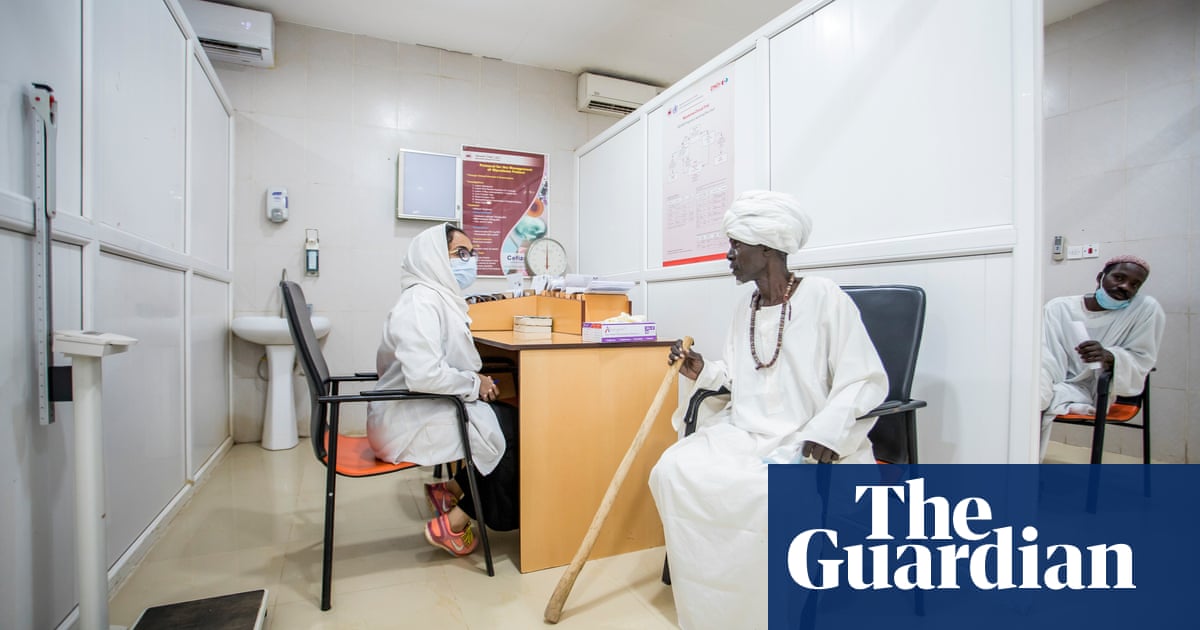
"All that I did over 40 years has turned to ashes before my eyes, says Prof Ahmed Fahal, of the destruction of his research centre in Sudan's capital, Khartoum. His once-gleaming laboratory, where a team of white-coated expert clinicians once busied over their work, is now little more than rubble. I built everything from scratch. I knew every corner, every brick of the building. I can't describe the pain, he says."
"As Sudan enters its third year of war, its infrastructure has been decimated and scientific, educational and research institutions have ground to a halt. According to the Sudanese National Academy of Sciences, more than 100 universities and research centres among the most reputable in Africa have been damaged or looted."
"We lost everything: micro-organisms collected over 40 years; the pharmacy, where we stored all the free medications for the patients; the biobank that contained rare fungus and bacteria; samples and biopsies that we stored for genetic research. The only thing to survive were the patients' files, which had been saved electronically."
"Since the MRC opened, Fahal and his team have treated about 12,000 patients. The first recorded case of mycetoma in the country was in 1904, and, of the 102 cases documented since, 12,000 treatments have been conducted through the MRC."
Professor Ahmed Fahal's Mycetoma Research Center, located in Khartoum, Sudan, has been obliterated amidst the ongoing war, leading to the loss of 40 years of research data. The center was the only one globally dedicated to treating mycetoma, a neglected tropical disease. With the war now in its third year, Sudan's educational and scientific infrastructure faces severe destruction. Over 100 reputable institutions have suffered damage or looting, leaving institutions like Fahal's to grapple with the devastation of their lifeâs work and vital resources.
Read at www.theguardian.com
Unable to calculate read time
Collection
[
|
...
]